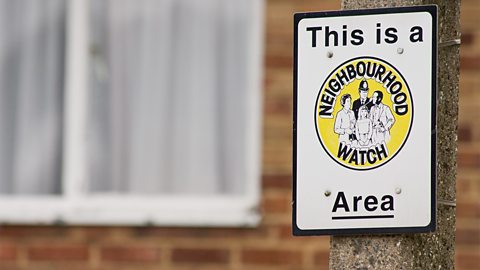Nature of policing in the 20th and 21st centuries
Changing structure of police forces
In 1900 there were 181 police forces in Britain. Many of these were small and each one had different structures, methods and records. There was limited contact between them.
The largest police force in Wales is the South Wales Police, and itŌĆÖs itŌĆÖs the seventh largest force in the UK. This police force was originally known as the South Wales Constabulary. It was formed in 1969 when the Glamorgan constabulary amalgamated with the Cardiff City Police, Merthyr Tydfil Borough Police and the Swansea Borough Police Force.
In 2006, it was suggested that the four police forces in Wales should merge into one force. However, this has yet to happen.
Police officers
The number of police officers has increased in the 20th and 21st centuries. There were over 125,000 officers by 2000. The police recruited female officers since the end of the First World War, and Sofia Stanley became the Metropolitan PoliceŌĆÖs first official female recruit in 1919. In 2015, only 28.2 per cent of UK police officers were women. In April 2017, Cressida Dick became the Metropolitan PoliceŌĆÖs first female Police Commissioner. She is the most senior police officer in the country. However, there are still fewer female officers than male officers. Attempts have also been made to increase the number of officers from minority ethnic backgrounds.
A National Police Training College was set up in 1947. Police officers now receive more guidance and have 14 weeks of training before they start.
Purpose of policing
The purpose of the police has changed in modern times. At first the role of the police was to:
- patrol the streets
- deter criminals
- investigate crimes
- arrest suspects
Their role and purpose is also now increasingly focused on crime prevention. Each force has Crime Prevention Officers who visit schools and attend community meetings such as PACT.

The police try to build more links with the community, especially after many riots in the 1980s were directed against the police. The police are involved in the Neighbourhood Watch scheme, which was started in 1982.
However, there is a recent attempt by the police to be seen out of their cars and on the beat or on bicycles. Some people belive that this is often not the best way of detecting crime and catching criminals, but it is reassuring to the public. This shows that one of their main purposes has remained the same, which is patrolling the streets.